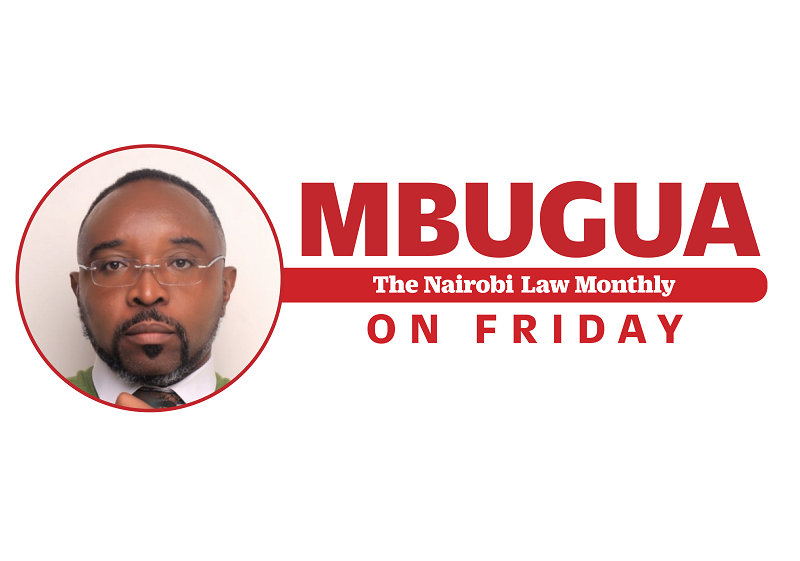Whereas the Government — through its disciplined services — enjoys the legal monopoly to unleash violence, and whereas it has a duty to compel compliance using these instruments of violence, it has no justification whatsoever to unleash mindless violence against its citizens.
The officers authorised by law to carry — and deploy — arms derive the legitimacy to be called disciplined services from a mindful and measured application of these instruments. When they deviate from this established norm, they lose that legitimacy and ought to be called rogues.
Sadly, that is the space that the police service finds itself in.
In recent months, and especially since the Gen Z demonstrations, officers assigned to these supposedly disciplined services have become a law unto themselves. They have gone and thrown out all constitutional protections that citizens enjoy, ostensibly in the pursuit of law and order.
They have deviated from the straight and narrow path of enforcing the law in line with the Constitution and resorted to abusing the rights of citizens to life, association and peaceably assemble.
The result has been a worrying decline in respect for personal and political rights, especially by police officers who want to make it look normal for them to brazenly abduct dissenting citizens. They want it to look normal for them to hold such suspects incommunicado illegally and for prolonged periods in clear violation of the relevant statutes and common decency.
And when conscientious citizens put them on the spot in courts of law, they dump the suspects in unlit villages in the dead of the night. This, without having to belabour the point, is not the Kenya that we and our forebears envisioned for ourselves.
- Masengeli forced to apologise to court for snubbing summons
- President Ruto appoints Kanja as new police IG
And this is the morass that the new Inspector-General, Mr Douglas Kanja, must address expeditiously if he is to redeem the tattered image of the police and build a worthy legacy for himself.
If he has not come up with the quick wins he must achieve within his first 100 days in office, which we hope he has, then he must put ending police impunity at the top of his to-do list.
Failure to do this, lest he forgets, is what got his predecessor, Mr Japhet Koome, kicked out of office.
It also got Mr Gilbert Masengeli, who was holding brief in the interim in hot soup after the High Court ordered that he be jailed for six months for contempt of court.
For context, Mr Masengeli, who had been summoned to court seven times and failed to show up even once, had been summoned to explain the whereabouts of three protesters who had gone missing after they were arrested irregularly through what has now come to be known as police abductions.
And when he could no longer stand the heat in the legal and political kitchen, his men dumped the three in different locations at night this week.
It is, to put it politely, an oxymoron for the word ‘abductions’ to be used in the same phrase as ‘police’. Such casting represents a new low for the service and will remain a blot on Kenya’s history of struggle for expansion of the democratic space.
Mr Kanja ought to take it as his primary duty to stamp out this culture and re-orient officers under him to work for the people, not against them, and to follow the law while quelling unrests.
As much as it is comforting to hear him say that police officers and their bosses know what they ought to do during protests, we expect him to now walk the talk and enforce the standard operating procedures that govern the conduct of police officers, whether they are handling riots or traffic offenders.
Secondly, he must put in place mechanisms to punish officers who breach the law and service terms of engagement, and it is critical that those mechanisms be seen to be working.
Having said that, it is also encouraging to see that Mr Masengeli has apologised to the court over his failure to honour past summons. His gesture should serve as a signal that the police service is ready and willing to do away with its wayward ways, is committed to cleaning up its image and embracing reforms that will make it a service for the people of Kenya.
It is also encouraging that the service is mending its relationship with the media, which has been souring since 2023 and which reached soured terribly when officers turned against journalists during the June protests.
However, these gestures ought to lead to a long-term review of how the service engages with its various publics. It must not be a cosmetic display of remorse just to get embattled bosses off the hook.



